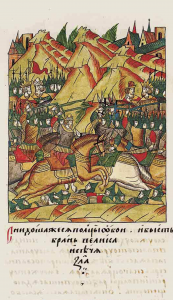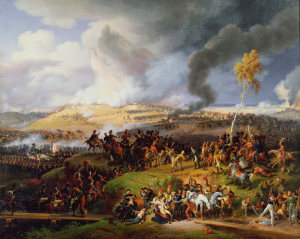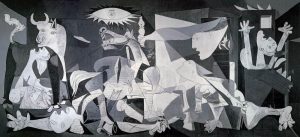In the beginning of AMERICANAH, the character of Ifemelu has been unwilling to conform. The reader (and I) could tell that she is a strong and independent, having a sense of nationalism and pride in her culture.
When Ifemelu came to the United States, she saw strong examples of other conforming (ex. aunt Uji changing the pronunciation of her name) and decided that she wasn’t going to conform.
Somewhere in the middle, Ifemelu starts to conform, first changing her accent from Nigerian to English, letting go of a significant part of herself and allowing part of her to hide behind a facade.
Lose the braids and straighten your hair. Nobody says this kind of stuff but it matters. We want you to get that job.
In addition to changing her accent, Ifemelu changed her outward appearance, putting herself through pain and unhappiness in order to conform. She was creating a falseness of her self. From doing this, Ifemelu isn’t just changing and letting go of her accent but is letting go of a part of her heritage, a part of her real home, and ignoring a promise that she made to herself.
I LOVED this book, but there were times like this that made me sad. I can’t help but wonder how much we conform in order to achieve a goal we have…or even just to be liked.



